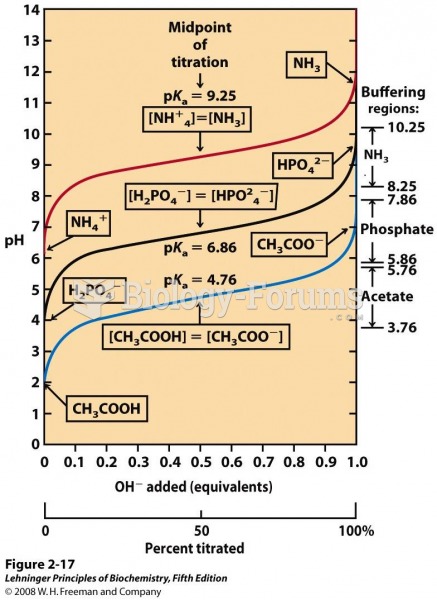|
|
|
More than nineteen million Americans carry the factor V gene that causes blood clots, pulmonary embolism, and heart disease.
Warfarin was developed as a consequence of the study of a strange bleeding disorder that suddenly occurred in cattle on the northern prairies of the United States in the early 1900s.
The heart is located in the center of the chest, with part of it tipped slightly so that it taps against the left side of the chest.
Though newer “smart” infusion pumps are increasingly becoming more sophisticated, they cannot prevent all programming and administration errors. Health care professionals that use smart infusion pumps must still practice the rights of medication administration and have other professionals double-check all high-risk infusions.
Congestive heart failure is a serious disorder that carries a reduced life expectancy. Heart failure is usually a chronic illness, and it may worsen with infection or other physical stressors.
 Comparison of the chemical structures of psilocybin and LSD. Psilocybin (left) is derived from a mus
Comparison of the chemical structures of psilocybin and LSD. Psilocybin (left) is derived from a mus
 Mobilize the ankle using the heels of the hands. Place a palm on either side of the ankle just below ...
Mobilize the ankle using the heels of the hands. Place a palm on either side of the ankle just below ...





